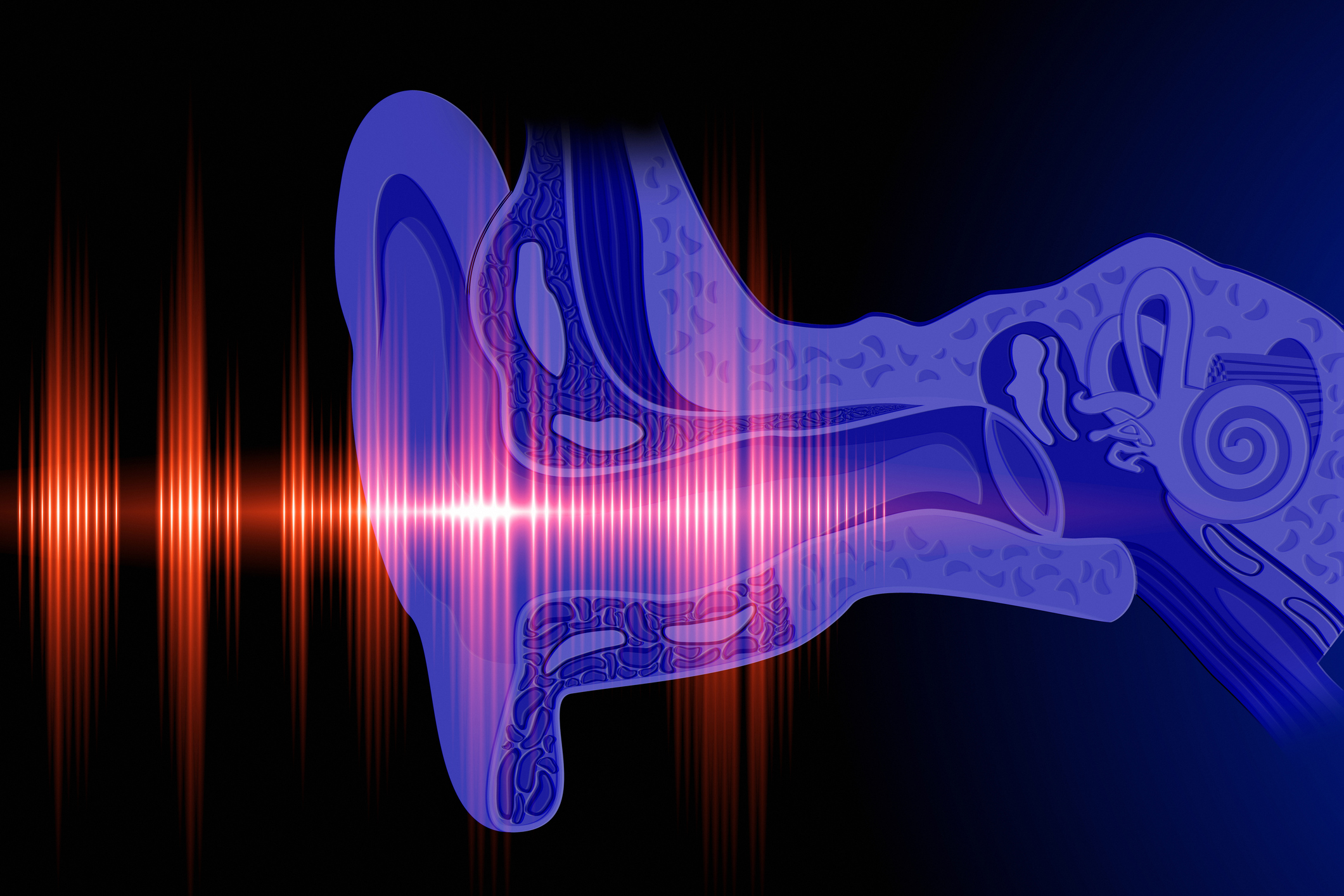-

Cancer’s Most Deadly Assassin Exists in Every Cell
A kill code is embedded in every cell in the body whose function may be to cause the self-destruction of cells that become cancerous, reports a new Northwestern Medicine study.
-

Investigating Treatment for High-Risk Breast Cancer
A drug called bevacizumab added to adjuvant chemotherapy did not improve outcomes for patients with a form of high-risk breast cancer, according to a study published in the Journal of Clinical Oncology.
-

Clues in Our Chromosomes
Understanding environmental factors helps scientists like cancer epidemiologist Lifang Hou, MD, PhD, chief of Cancer Epidemiology and Prevention in the Department of Preventive Medicine, detect the disease earlier.
-

New Insights Into Cancer Metastasis
Northwestern Medicine scientists have discovered how circulating tumor cells cluster together during metastasis — findings that reveal a novel mechanism for how cancer spreads and a potential new target for treatment.
-

New Chair of Radiology Named
James Carr, MD, ’00 ’01 GME, the Knight Family Professor of Cardiac Imaging, has been named chair of the Department of Radiology.
-

Inherited Genetic Variants Associated With Bleeding on Common Anticoagulant
According to a recent study, a group of four gene mutations seen only in people with African ancestry may contribute to an increased risk of severe bleeding while taking warfarin.
-

Student Makes Strides for Health Equity
Stephen Whitfield, a fourth-year medical student, is involved in several organizations and initiatives to advance health equity in the Chicago area.
-

Drug Improves Survival in Metastatic Breast Cancer
A drug called palbociclib, used in combination with standard treatment, improved survival for women with hormone receptor-positive metastatic breast cancer.
-

Remembering Former Chair of Orthopaedic Surgery Michael Schafer, MD
The longest-serving chair in the department’s history, Schafer will be remembered as an excellent surgeon, a trusted mentor and a visionary leader.
-

Disrupting Gene Transcription Elongation to Treat Cancer
Targeting cancer cells with a transcription elongation inhibitor delayed tumor progression in animal models, according to a recent Northwestern Medicine study.
-

Neural Mechanism for Error Correction in Motor Activity Uncovered
Northwestern Medicine scientists have discovered a mechanism for rapid, fine adjustments in motor plans, according to a recent study.
-

Quality of Life Holds Steady With Prostate Cancer Drug
In a recent clinical trial, a drug called apalutamide added to standard therapy slowed cancer progression in men with prostate cancer, while maintaining quality of life.
-

Another Record-Breaking Year For Northwestern Research
Northwestern’s sponsored research awards grew to $702.1 million last fiscal year, the largest amount in the University’s history and a 3.8 percent increase over the previous year’s record-breaking $676.5 million.
-

New Discovery Opens Path to Treatments for Hearing Loss
In a study published in Nature, Northwestern Medicine scientists have demonstrated that a gene is critical for the development of the ear’s outer hair cells, which has important implications for hearing loss treatments.
-

Rising Estrogen Levels May Cause Common Men’s Hernias
A Northwestern Medicine study has demonstrated that an age-related increase in estrogen may be the culprit behind a common hernia in elderly men.
-

Addressing the Lack of Women in Orthopaedic Surgery
Linda Suleiman, MD, ’17 GME, assistant professor of Orthopaedic Surgery, discusses her recent study on the representation of women in orthopaedic surgery.
-

Prindle Receives 2018 Packard Fellowship
Arthur Prindle, PhD, assistant professor of Biochemistry and Molecular Genetics, will study bacterial communication and its potential applications to human health with a five-year grant from The David and Lucile Packard Foundation.
-

Teresa Woodruff Elected to National Academy of Medicine
Teresa Woodruff, PhD, vice chair for research in the Department of Obstetrics and Gynecology and dean of the Graduate School, has been elected to the National Academy of Medicine.
-

Alzheimer’s Drug Shows Promise, But Risk Remains
An experimental genetic inhibitor that could stave off Alzheimer’s disease has unintended consequences, but may represent a target for future drug development, according to a recent study.
-

Diabetes Drug Reduces Risk of Heart Attacks, Strokes From Air Pollution
Metformin, an inexpensive diabetes drug, has been found to reduce the risk of heart attacks and strokes triggered by air pollution by reducing inflammation in the lungs that triggers clotting.






